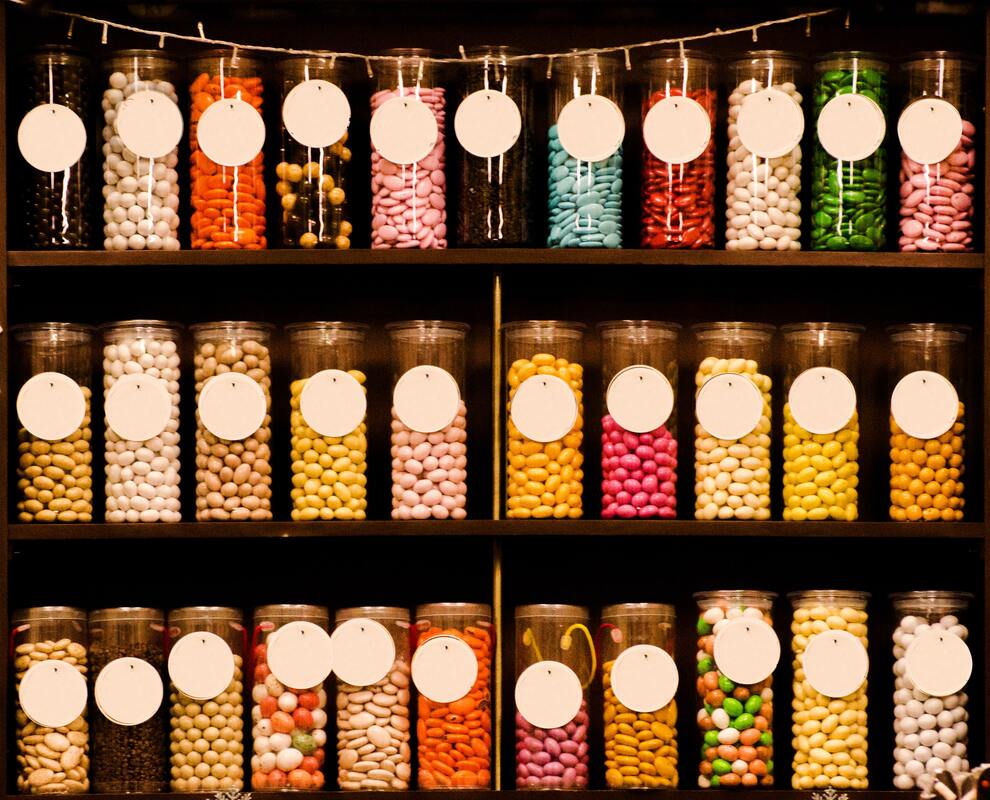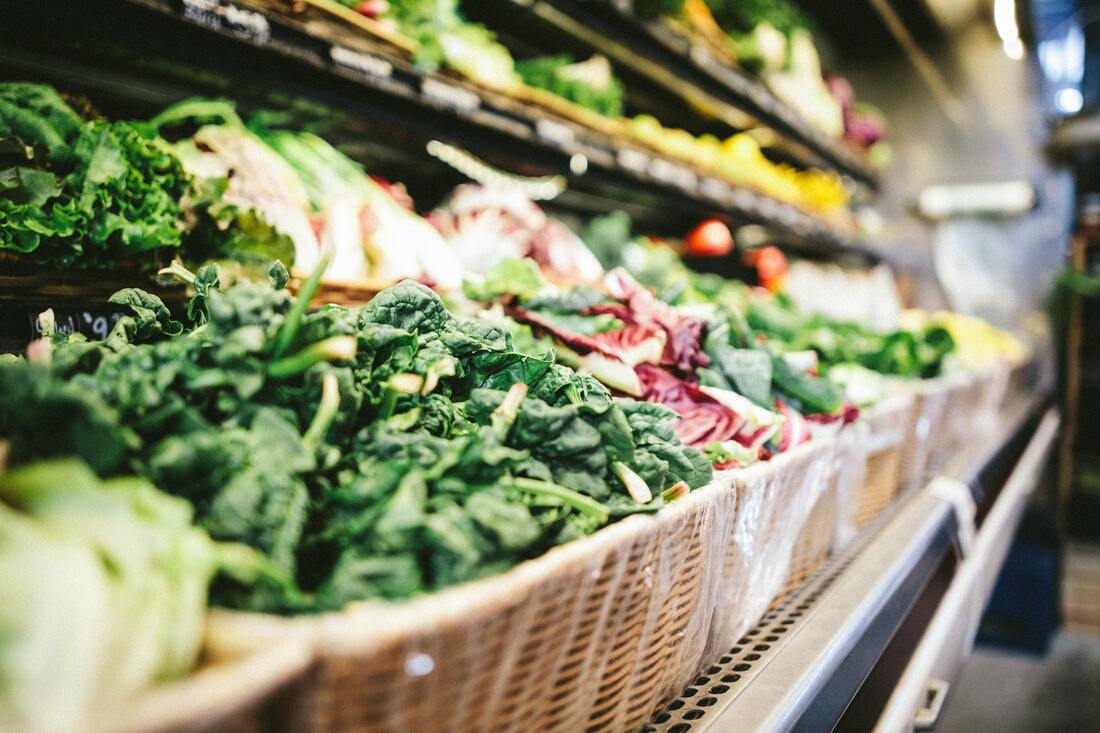No act of kindness no matter how small is ever wasted. - Aesop Last spring, when the COVID-19 pandemic hit the USA and the city of Minneapolis was on shelter-in-place orders, I started taking a course called "The Science of Well-Being" taught by Dr. Laurie Santos at Yale University. Dr. Santos designed this course for her students who were exhibiting symptoms of stress and unhappiness. She focused the curriculum on research showing beliefs and practices that get in the way of or promote happiness with the goal of arming her students with practices they can use to shift their experience as "Yalies." Although I was not/am not a Yalie, I found the course to be a really sweet thing to do for myself at a time when there was so much uncertainty.
Dr. Santos provided further evidence to the strength of the mind: how our mindsets create our reality. She covered everything from meditation and gratitude journaling, to shifting mindsets about measuring accomplishments and success; spending time in nature, sleep and exercise. After the 12-week course, you know what stood out to me the most? The most effective way to increase personal happiness is being kind to others. Kindness promotes gratitude, empathy and compassion. These feelings help us feel connected with others, less alone. It reminds us that we're not so different after all, but reminds us about the core values that unite us in community with each other. Acts of kindness also move us out of selfish ego and into compassion for others. It relieves stress, boosts our immune systems and reduces anger, anxiety and depression. "Feel good" chemicals are also released in our brains, including dopamine, serotonin and oxytocin. Pain is even reduced by kindness when endogenous opioids are secreted. Doesn't that just sound like magic?! What I love about this method of mind-body medicine is that there's also a return on investment. Kindness spreads - as evidenced by pay-it-forward lines that last days - and comes back to the giver. Acts of kindness do not need to be extravagant or expensive. They could be as simple as letting someone slide into traffic or sending a "thinking of you" card to a loved one. Kindness and compassion are two things this world could always use more of, but especially now as we're rolling into year two of this global pandemic, and needing to continue staying socially and physically distanced. If this is resonating with you, start with yourself. Self-compassion (kindness aimed at yourself) is a way to relate to yourself that shows support and nurturing. We're culturally encouraged to be self-critical, so if being kind to yourself is a new way of being check out these exercises for getting a self-compassion practice started from researcher Kristen Neff, PhD. If you're trying to cultivate a new health habit, self-compassion will increase your perseverance more than criticism, so this is an important skill! It may feel easier to share kindness with the people in your life. Try integrating a small act of kindness into every day and give yourself the opportunity to observe what happens in your own mental and emotional headspace in response to the experience. References: Why Random Acts of Kindness Matter to Your Well-Being
0 Comments
I sat down to write this article numerous times and was distracted time and again by other, smaller tasks...like playing Candy Crush. Addressing the concept of willpower head-on feels daunting, especially during a pandemic when my surge capacity is depleted. Every day, I'm questing for the well of willpower that got me through starting two businesses and finishing grad school - at the same time. I know I am capable of managing A LOT, and yet lately that capacity is sorely lacking! I know I am not alone. The Webster dictionary describes willpower as "control exerted to do something or restrain impulses." This definition provides the perspective that with practice, your willpower can be strong enough to get you anything you desire. Here are some ways we can flex that willpower muscle and attain our dreams:
Ok, so willpower is a muscle that can be strengthened with intention and dedication. Got it. (Step 1. Consider what I get from playing Candy Crush.) Now, here's a piece of the willpower concept that keeps tripping me up: why is it that sometimes willpower is strong and sometimes it is so weak, fickle, laughable? Psychology researchers acknowledge this in their broader definition of willpower. In their expanded definition, they acknowledge that willpower is a limited resource capable of being depleted. We learned that flexing our willpower too much will deplete it - we need to be able to chill out sometimes. What else could deplete willpower? Would the stress of living through a pandemic be enough to deplete willpower? Would existing alongside a social reckoning be enough to deplete willpower? Would the threat of economic collapse do the trick? How about food insecurity? Housing insecurity? A demand for physically distancing that keeps you out of the arms of your loved ones? Celebrating life's important moments with a screen and many miles between you and your people? Confining your life to the walls of your home where you have to really work at it to escape yourself? And what about living through and alongside all of those things at once? Would that be enough to deplete willpower? I think yes. Here's my point: do the things and then let go of the times you don't do the things. Your willpower is probably not at it's strongest right now. But that doesn't mean you should put off working on yourself. Now is a great time to work on your health and wellbeing. Now is also a very challenging time to work on your health and wellbeing. Your progress will probably be slower. That's ok! Remember that your health is made up of tiny choices you make all day, every day. Focusing on those small choices one at a time makes a difference, and adds up to big changes. Now might be a good time to ask for some help and get support. Engaging with someone outside of yourself will give you perspective so you can celebrate those small victories and recognize when your willpower is even the slightest bit stronger. It all counts. References: How to boost your willpower by Denise Cummins, PhD What you need to know about willpower: The psychological science of self-control While autumn is a favorite season for many Minnesotans, it also insights a creeping sense of dread: winter is coming.
The American Psychology Association and the Center for Disease Control estimate that seasonal affective disorder (aka SAD, seasonal depression or "winter blues") impacts 5-14% of Americans, hitting those north of the 37° latitude harder than those to the south of that boundary. The reason location makes a difference is largely due to the shorter days. It turns out sunlight has a big impact on neurotransmitter production including that of serotonin, our happiness chemical (this explains why "happy lamps" are effective treatments of SAD). I have this wild theory most Northerns experience some level of SAD. I think we are under-diagnosed and therefore under-reported. Personally, my seasonal depression is mild enought that I hardly notice until suddenly I'm giggling about nothing come spring when the clouds in my mind lift. This winter is likely to be more challenging than years past because of the COVID-19 pandemic. Honestly, I'm worried about us! Our safe social outlets are going to be more limited than in years past, which is often the saving grace of our long winters. So it's important to me to get this information into as many people's hands as possible. Most of my clients don't come to see me to get a prescription to move south, so it's my job to find other things they can do in their daily lives to prevent and treat seasonal depression. I take a “food first” approach in my work as a functional nutritionist. and am often putting together a list of healing “superfoods” for my clients to bring into their meal plan. While these items are going to vary from one individual to the next, these are my top 5 picks for seasonal depression prevention that are often making the list:
This blog has been moved to a new location! Please visit Jesse's blog at Wellness Minneapolis for this and more on a food-first approach to mental wellness, seasonal and ethical eating, and mind-body medicine.
|
I love food.I love thinking about it, talking about it, writing about it. I love growing food, cooking and eating food. I use this space to try to convey that. Follow me on social media for more day-to-day inspiration on these topics. Categories
All
|




 RSS Feed
RSS Feed